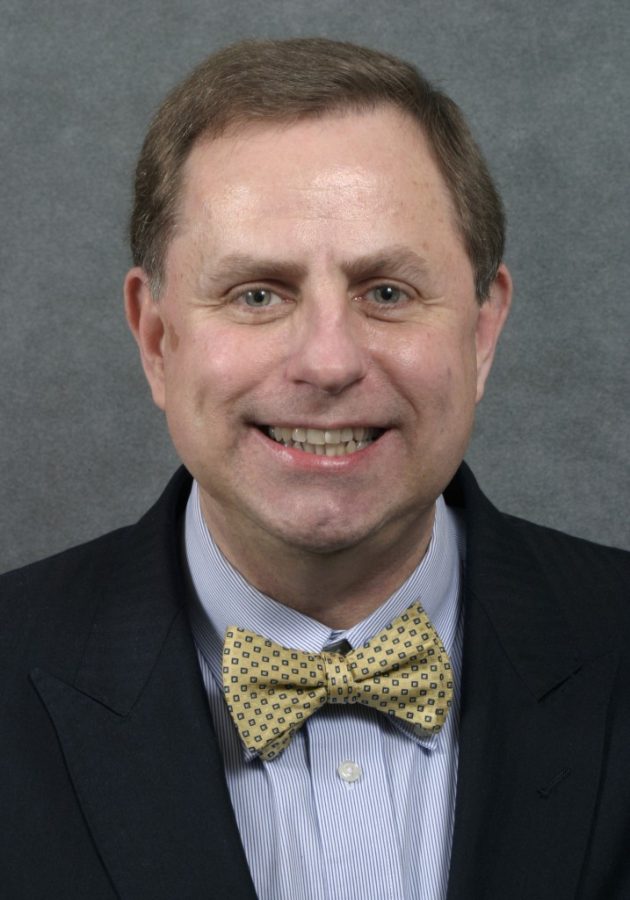And so on or near April 4th of this Spring semester, I will try to do what I have done in my history classes to commemorate a turning point event in my own life and to try to convey in some—perhaps impossible way—what that day meant to the United States and to the world in 1968. To say that the events of April 4, 1968 changed a small town, provincial, white, western Kentucky adolescent for the rest of his life would be an understatement. But so it was that it changed me nonetheless. I want it to change you too.
To be historically accurate I must go back in my personal story almost five years before April 4, 1968 to Wednesday, August 28, 1963 when I experienced an eerie premonition—even as an eight-year-old-boy of what was to come. That evening in August, I sat with my parents and brother in our living room watching the evening news somewhere on the west coast in Oregon. This was a major period of upheaval in our family’s life, so I suppose I had been ready to be moved by words. The charismatic speaker did not disappoint me that day.
During one segment of the news program, they showed a portion of a speech delivered by Dr. Martin Luther King Jr. The “I Have a Dream” speech, culminated the March on Washington. I sat transfixed. I was just learning about the struggle for Civil Rights and the cadence and the content of Dr. King’s words mesmerized me.
There he was, speaking in the open air—and although I did not realize at the time that thousands of police and security guards watched over the scene—my boy’s mind perceived the portent of his words and that Dr. King had no protection from white bigots. Horrified, I remember realizing that Dr. King could be shot. I turned to my father and said, “Dr. King will be shot. Anyone could shoot him.”
And then, sure enough, on April 4, 1968, Dr. King was gunned down on the balcony of the Lorraine Hotel in Memphis. Now, I still tremble when I hear and see excerpts from his inspirational speeches, especially “I Have a Dream” and “I’ve Been to the Mountaintop.”
My boyhood premonition out in Oregon in 1963, when he articulated his dream for the nation in that unforgettable moment, was tragically fulfilled in Memphis after Dr. King had boldly proclaimed that he himself had been “to the mountaintop” the day before his assassination in 1968. It continues to be left up to you and to me to share his vision and to join him on the heights. And, believe me, we still have a long way to go.
Column by Duane Bolin, professor of history































































































